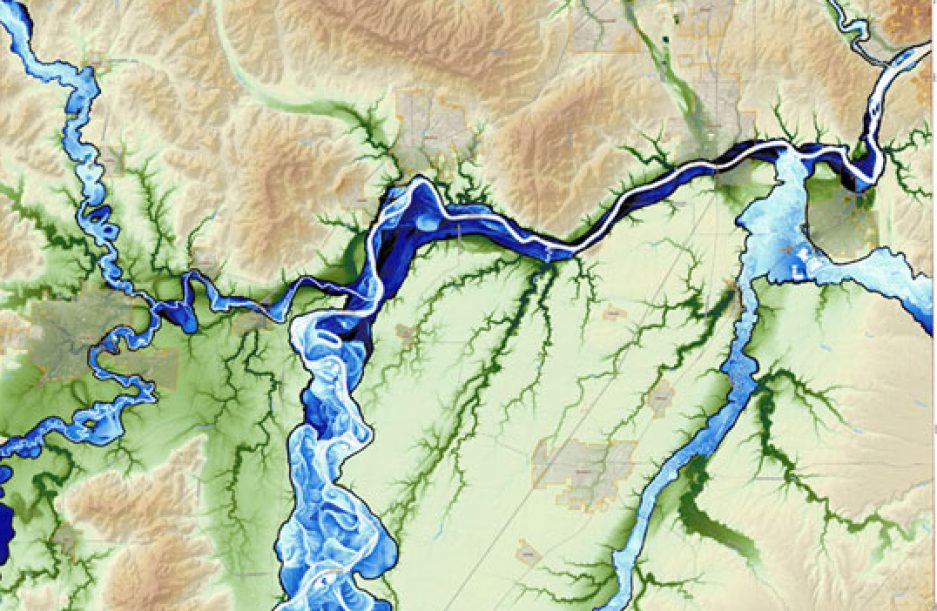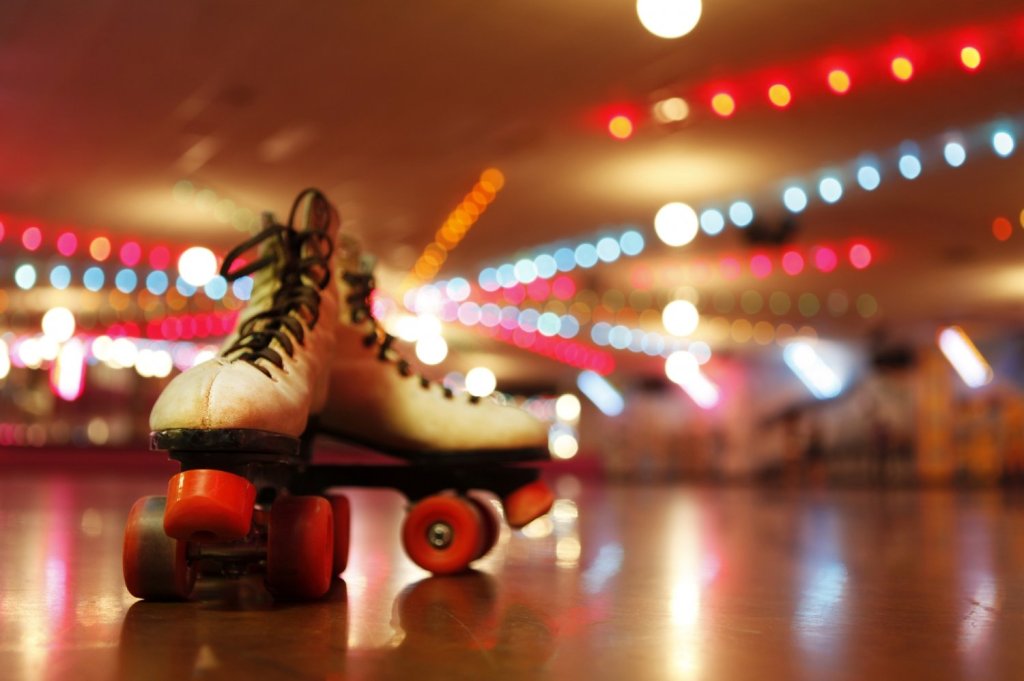It’s summer and aged men in Corvettes and muscle cars are out and about. I’ve been making fun of them since I knew what a mid-life crisis was, but in my head it was strictly for men, their cars they never got to drive and the women they never got to fuck when they were young. I’m almost 43, now, and if you didn’t already know what was going on with me I’ll get straight to the point – probably a mid-life crisis. Maybe Seasonal Affective Disorder. Maybe Mid-Season Depression Disorder.
Nothing like mid-season depression disorder during a pandemic and revolution. And menopause. The youth coming into their adulthood are like, psshhhh – nothing like coming into adulthood at this a time like this.
I get it now, the desire to burn it all down and walk away. The desire to get that one thing back that you didn’t get a chance to do more of when you were young, to get back into that body, that energy, the below-the-ground buzz of living and knowing that – this is hard to explain without sounding cliche’ – you’re coming into something different, maybe bigger, and if you’re lucky better, all the time, and that that’s the norm. Here at almost 43 there is still some of that, there’s still things to do: buy a home (late bloomer), be done with menopause (do we ever really?), pay off an escrow for a business, build a chicken coop (built it between drafts!), or make time for a vacation. There is no buzzing anticipatory energy, though, at 42. Not for me. Just subtle anxiety that time is running out for everything, everything is a mess, the mess encompasses everything, and everything is too much. It’s a nice tight circle.
I understand why people cut and run. I understand the happiness of wheels carrying you fast down the road. I understand why people use their privilege and pay other people to help them with simple things like paint a room, clean their house, take their dog out to walk, but I don’t have the means for that. This is adulthood and it’s dumb.
Before 10 am on any given morning I have thought about the following: data-entry for taxes, whether or not I could ever buy this house, how much I hate this house, how I’d like to renovate this house, how we’d put together a chicken coop, what parts of the kitchen we’d like to change, how I’d like an oasis to meditate, how I don’t have an oasis to meditate, and then I cried over a personal inventory I did last night about who I am right now, and who I’d ideally like to be, and I cried because maybe my meds aren’t working, and maybe my marriage isn’t working, and I can’t concentrate because my head is too full and now I am angry, but what is that anger stemming from and I should take a vacation and a vacation costs money and I should ask friends if they have a space and there is a pandemic and I’m anxious about seeing friends and…Exhausting.
Now I’m sitting in the back yard wearing a swimsuit while watching the laundry wave on the line, listening to baby chickens purr while they hunker down for the coming storm.
That’s not a metaphor.
Life is overwhelming, I think, for most humans these days. In the store I can see it in their eyes and I can feel it in my vibe. Channeling my mom’s words, I’m doing a piss poor job of taking care of myself. I need one of those community college personal development courses that help you define your values, time, priorities and hell, even schedule. I took one of those classes when I was 24, when I was young. I also used to teach those classes (smirking as I type).
One of the benefits of being young – in my experience – is starting clean. Even if you had to move in with a friend, you start with a clean bedroom and a fresh house, even if you move to a new city and live in a dump of a shared house with nine other people, you still have a new landscape to navigate. We have designed this modern human experience to anchor you as your grow older and you have to be fucking strong and willful to live in a different way because the anchors are big: the marriage, the business, the house, the rules and quite frankly, the goddamn energy it takes to change things.
Dear Friends: if I have cancelled, delayed, ditched, ignored or “been busy” for the last two years, I apologize. I’ve been saddled with business brain and a growing social anxiety and finally, exhaustion. I have felt like a fraud and a shit friend. The grapple is whether or not they way I am existing is actually me at this age and development, or a me that isn’t living their truth. I’m slow at processing these things. It’s a mind fuck, so I called a professional.
My therapist, thankfully, offered me a session on a whim. I might have sent her a text that said, “I’m suffering. Can you get me in?” It’s not an easy fix, these issues I’m having. She agrees and will see me again in two weeks. Perhaps there is never a fix for some issues, maybe just self-care or a step stool to reach a better state of mind. Friends and time outside of work is my self-care. A glass of wine (maybe not three) on a patio with a friend talking until it is dark (thanks, Olivia), or a hammock and a book on a creek with Charlie. Some roller skating – I’ve talked about that some. Or a morning walk. And for me, meds are a step stool. Cortisol runs through my brain like blood: all the time, pumping and circulating. It’s really helpful when trying to run a small business during A PANDEMIC, but trauma causes it to carve deep canyons in a brain at that rate. Dopamine is a river runs through the canyons in a drought, never quite high enough for the tubers to make a happy river run without dragging over some rocks. The meds are the water released from a dam. I’m learning the river. I appreciate the dam.
This is all to say: I was prescribed a little bit higher of a dose of my meds and some time with friends, both which have helped me to steady myself.
The 40s are weird. I see you, friends, so many of you at the crossroads of this time, divorces and relocations and career changes, kids leaving, your body changing, diseases invading, days moving faster and faster. It’s cute that people say (insert age) is the new 20, or whatever. Everyone’s path is their own, yadda yadda, and we don’t even skim the surface of how much we need to talk about life as an aged person. It’s not even a conversation we need to have so much as a conversation to continually have, especially with younger people as they grow. We talk about puberty and all the fun stuff that comes with it, but we never talk about other stages in life unless we are in a college level developmental psychology course. I’ve heard women say that after a certain point in their life, they just disappear – people don’t even turn their heads when they enter a room. And quite frankly, men have been eerily silent on their aged lives. Maybe the dichotomy of a woman’s experience and a man’s experience (see Men Are From Mans, Women Are From Venus – thank you to the 80s) is about over. Maybe we can just start seeing it like a normal event, or hell, even an astrological event, like a Saturn Return (ask a lesbian), like a stage of life that could be a little easier instead of being a surprise.
Maybe it’s not just me. Maybe it is Earth’s Saturn Return. Maybe it is imploring us to change, to make a new path. Let’s sit on a patio and talk to one another – at a safe, six foot distance with our own finger food and hand sanitizer, or for fuck’s sake let’s take a walk and talk about what is happening, what we can do to make things better, for more than just ourselves and our weird 40s, but for more people, the people we purport to care about – so that this world is a little less lonely, and a little better, and especially so we can create a new kind of culture, existence, and world.
We’re doing it. We have to. We’re in the streets, we’re in communities, we’re writing and thinking and doing.
Maybe it is all going in the shitter; I don’t believe that, though.
I believe the universe is in the midst of change, too. It’s calling us to join, saying it’s time to make some changes.
I’m not scared. I’ve got all the cortisol in the world.
And we’ve got work to do.

